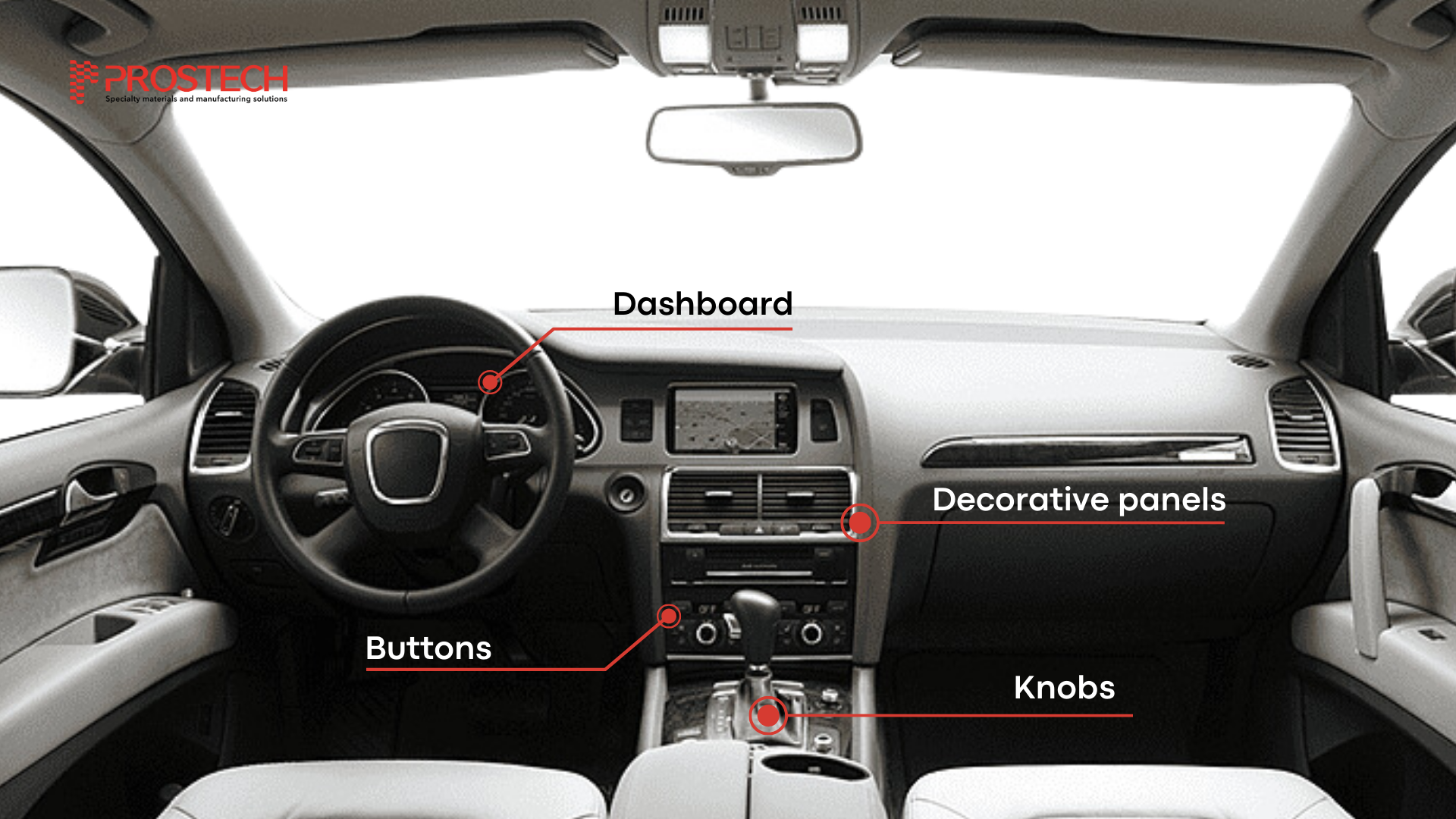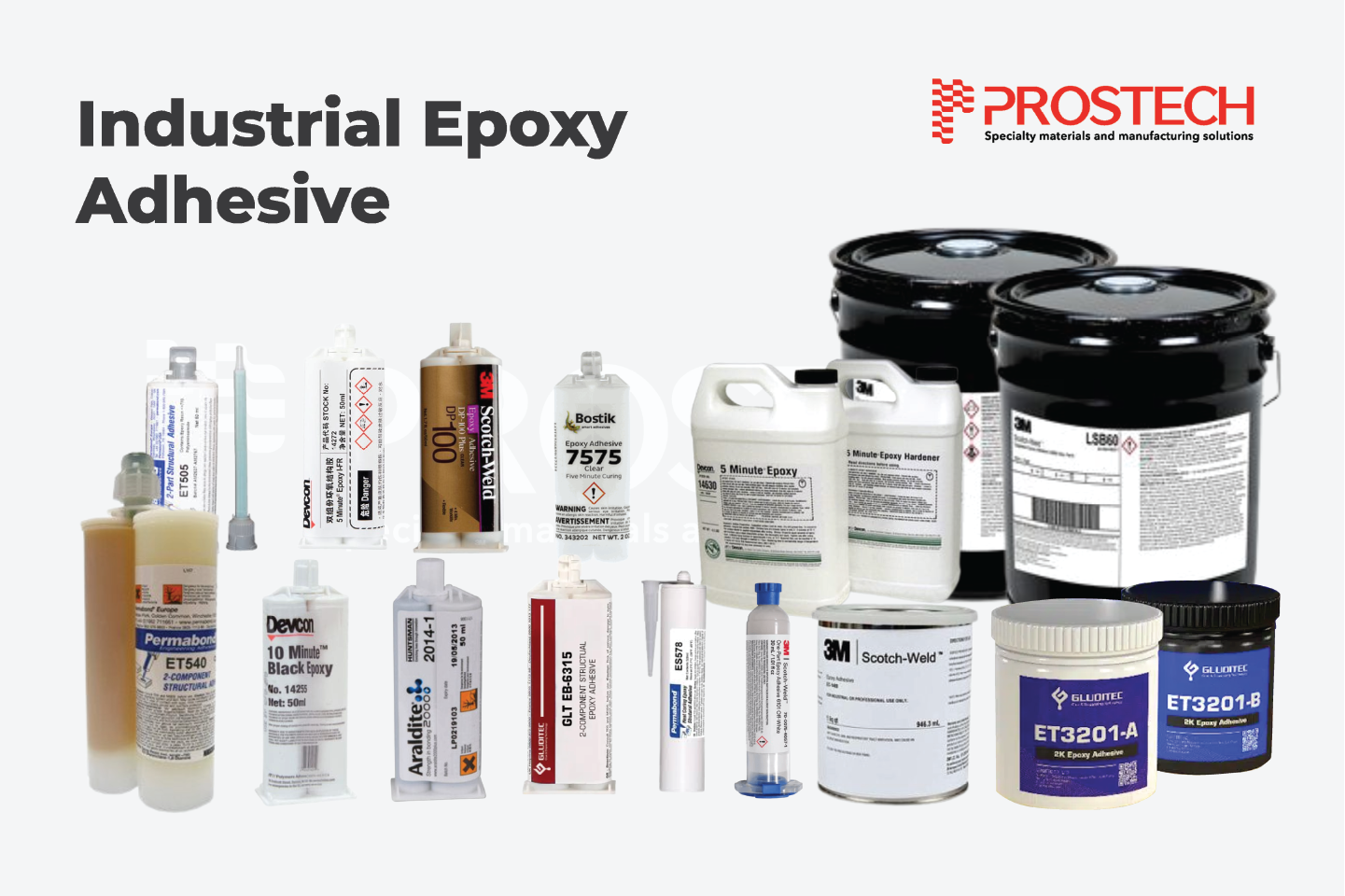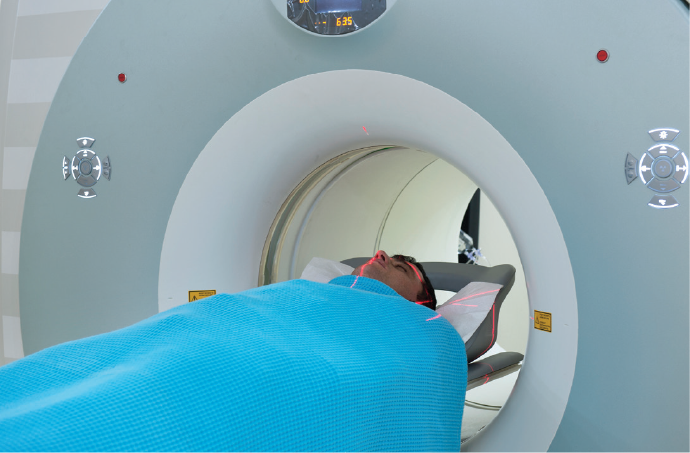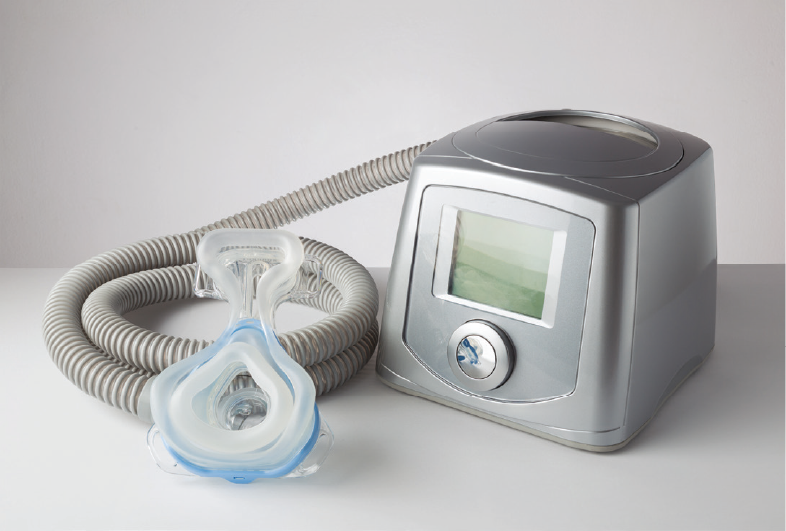What is UV adhesive?
UV adhesive (also known as UV resin or UV activated glue) is a special type of adhesive that cures or hardens when exposed to light of the appropriate wavelength. When polymerization occurs, the UV adhesive becomes hard and creates a strong bond between the surfaces.
To use UV adhesive effectively, a UV light source is necessary to activate the polymerization process. Typically, devices such as UV lamps or UV bulbs are used to provide the necessary UV light.

One of the strengths of UV adhesive is its fast curing time, helping to increase productivity and efficiency in the bonding process. In addition, UV adhesive can also create strong bonds, withstand pressure, and resist environmental factors such as high temperatures, chemicals, and ultraviolet rays.
Those characteristics allow UV adhesive to be used in a variety of bonding, fixing, and fast curing applications. UV adhesive can bond materials such as ceramics, stone, wood, plastic, metal, and even different types of material which cannot be bonded with regular adhesive.
Read more: UV Adhesive – A Comprehensive Overview
Applications of UV adhesive in automotive industry
UV glue is widely used in the automotive industry with many different applications. Here are some examples of the applications of UV adhesive in the automotive industry:
Bonding interior components
UV glue is used to bond interior components such as dashboards, decorative panels, buttons, and knobs. UV glue provides a strong, flexible bond between different surfaces, allowing for a quick mounting process.
Bonding exterior components
UV glue is used to bond exterior components such as front bumper, rear bumper, exhaust pipes and side bumpers. UV glue provides a strong bond and withstands harsh loads and environmental requirements.

Bonding glass and mirrors
UV glue is used to bond glass and mirrors to the vehicle frame. UV adhesive provides a strong and reliable bond between the glass and the vehicle frame, while creating a smooth surface that does not affect visibility.

Mounting headlights and taillights
UV glue is used to attach the headlights and taillights to the vehicle body. UV glue allows creating a hard and solid bond between the lamp and the car body, while ensuring aesthetics and waterproofing.

Bonding of exterior surfaces
UV glue is also used to bond various exterior surfaces such as composite materials, plastic, metal, and paint. UV glue helps create strong bonds and withstands external environmental influences such as temperature, humidity, and sunlight.

Generally, UV adhesives are used in the automotive industry to provide strong, lightweight, and time-efficient mounting solutions, while enhancing the aesthetics and durability of car components.
Solutions for automotive industry
What type of UV glue is commonly used in the automotive industry?
In the automotive industry, there are several common types of UV glue used. Below are some types of UV glue commonly applied in this industry:

UV acrylate
This is a popular type of UV glue in the automotive industry. UV acrylate glue often has a very fast curing time after UV illumination, which helps speed up the manufacturing process. It provides a strong and load-resistant bond, while being resistant to moisture and chemicals.
UV silicone sealant
UV silicone sealant is also used in the automotive industry. This glue has good heat resistance properties and can withstand high temperatures. It is often used to mount hot surfaces, such as headlights and taillights, where there is a large temperature impact.
UV epoxy
UV epoxy glue is also used in the automotive industry. UV epoxy glue provides a strong and durable bond. It is commonly used to mount exterior and interior parts, such as front bumpers, rear bumpers, dashboards, and side trims.
UV polyurethane (PU)
UV polyurethane PU glue is used in the automotive industry to bond glass and mirrors to the vehicle frame. PU UV glue is load-resistant and waterproof, while creating a strong and reliable bond between the glass and the vehicle frame.
——————
For more information, contact us to talk with our glue experts.







